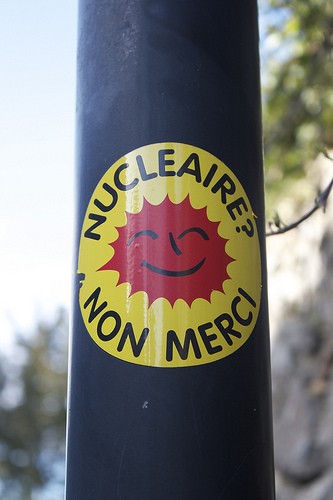It is mildly embarrassing to come across a great resource that is hosted within one’s own institution by accident (read: google). Unwittingly googling one’s own publications is definitively worse, but that is not the point. Nonetheless, I was happy to stumble upon the Institute of European History’s digital map server when I needed to illustrate my point about territorial cleavages in Germany. The site has a slightly dusty look and uses gifs for previews, but the licence is more than generous and the coverage and quality are impressive. If you ever need a map of Hessen-Kassel’s administrative structures in 1821, look no further. The only thing that is missing (as far as I can tell) are shapefiles, but if you are serious about GIS applications, you can convert/georeference the postscript files. For lecture slides, the gifs should suffice anyway.
New publication: the 2024 European parliamentary elections in Germany and 26 other EU member states
After the 2019 Green wave, many observers expected a blue-brownish backlash for 2024. And in many countries, these observers (who are these people, and why are they always so well-informed?) were not disappointed. In Germany, the governing “progressive” coalition took a rather spectacular beating, while the main opposition, the Christian Democrats (CDU/CSU) performed ok-ish. The…


